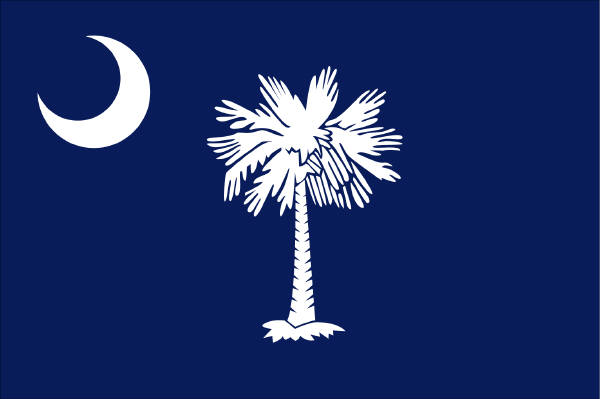Assessing the Importance of the Early States in the 2012 GOP Primaries
 Monday, May 9, 2011 at 9:18AM
Monday, May 9, 2011 at 9:18AM Iowa, New Hampshire and South Carolina have long been the key to victory for any candidate seeking to win their party's nomination for President, but the path to victory often differs from election to election. The conventional wisdom, as espoused by John McCain in 2008, is that a candidate needs to win two of the three first contents in order to secure the nomination.
Historically, the winner of the first two states have varied in all of the last five open republican election cycles, 1980, '88, '96, '00 and '08, with New Hampshire rejecting the winner of the Iowa Caucus for an alternate candidate. This may speak to the differences in the electorates in the two states, with Iowa's more culturally conservative voters and New Hampshire's focus on small government, but one thing is made clear by this fact: the South Carolina Primary has emerged as the most essential primary state for the GOP.
The numbers show as much. Since 1980, the winner of Iowa has gone on to win the nomination in 2 of 5 of those years and 3 of 5 for the winner of NH, while the winner of South Carolina has won the nomination in every open contest since 1980, a 100% success rate vs. only 40% or 60% for the first two.
South Carolina is likely to be a tie-breaker again in 2012, and all serious Republican candidates in 2012 will need to have a "firewall" strategy for winning, as victory or defeat there will make or break their campaign.

A most exciting anomaly that pundits and political junkies have never seen in a modern election would be either one candidate sweeping all three, or three different candidate each taking only one of these first three states -- an unlikely, but exciting possibility in 2012.

